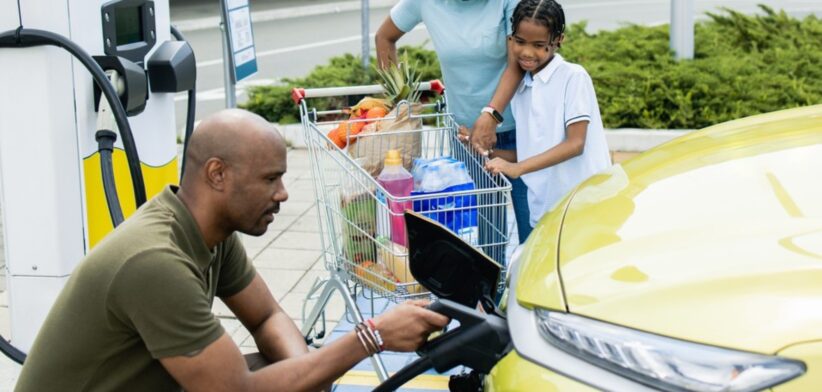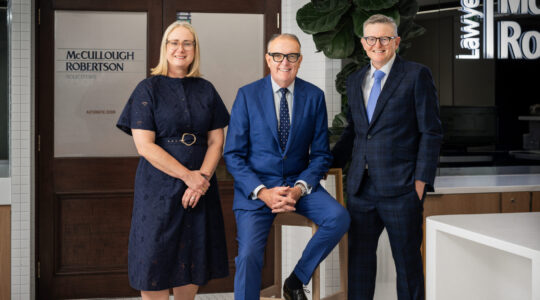As the push for more Australians to buy electric vehicles gathers pace, a study in the United States has looked at the barriers to increased EV sales.
The study in an EV market, which is arguably more mature than the Australian context, showed public charging stations in the States were battling a bad reputation, with their reliability a major barrier to an EV purchase.
Study senior author Don MacKenzie, a University of Washington associate professor, said while charges were notorious for breaking down, charging at a snail’s pace, refusing customer payment and leaving drivers stranded without juice, concrete data on the topic was limited.
“No one knew how much charger reliability was colouring the decisions of prospective EV buyers,” Associate Professor Mackenzie said.
“I was not at all surprised by the direction of the response. What surprised me was the size. These were monster results. This is a warning for the whole industry.”
Associate Professor MacKenzie said participants in a specially-designed survey that had a negative view of public charging were not surprisingly much less likely to choose an EV, than those with a moderate view, but it took “some serious hypothetical improvements” to offset those negative perceptions.
He said to change perceptions, EVs needed to be discounted 30 percent, have 366 miles (590km) extra range, or there needed to be 30,000 additional public charging stations.
“Participants with a negative view of public charging demanded strikingly large concessions before choosing an EV.”
Associate Professor MacKenzie said in some cases, the adjustment needed was nonsensically large.
“People wanted a 366-mile increase in range before they bought an EV.
“Lots of EVs don’t even have a 366-mile range today. That’s obviously not a practical demand. But it illustrates the strength of this effect.”
He said there were other surprises in the data, with the results basically the same for people who had access to home charging and people who didn’t.
“So even if they wouldn’t actually have to rely on the charging network, respondents were still concerned about reliability.”
Associate Professor MacKenzie said reliability must be prioritized as charging networks expand.
“This is the Achilles’ heel right now for EVs,” he said.
“If we push the broader market towards EVs, or if it grows on its own before we can fix this problem, it’s really bad news for continued growth. I think it could engender a real backlash. It only takes one bad experience to lose a customer. That’s a big danger for EV adoption.”
Read the full study: Poor reliability of public charging stations can impede the growth of the electric vehicle market.








